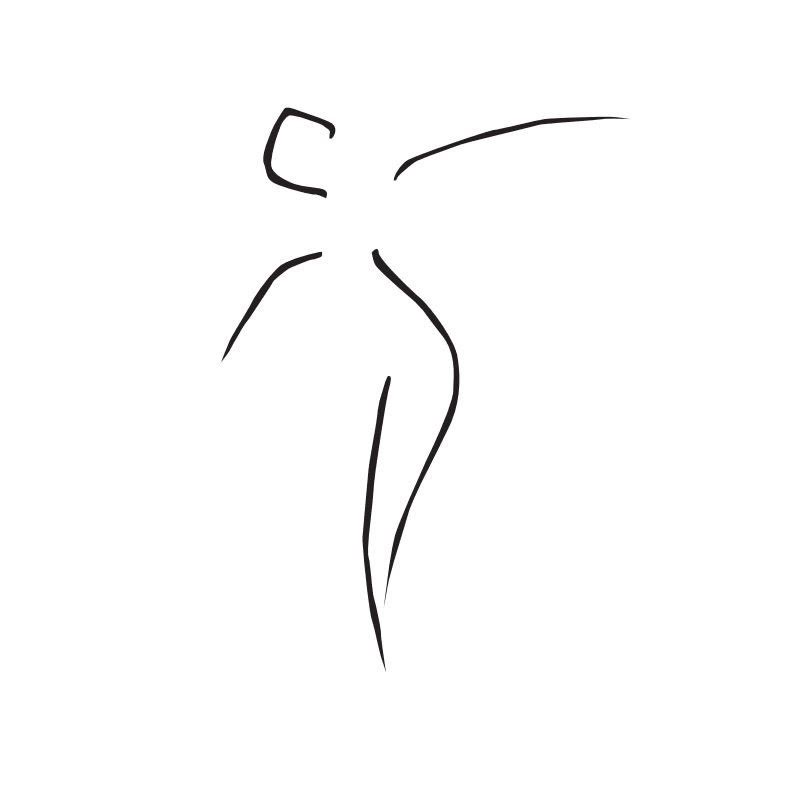Eastside -vs- Westside: Is Western Medicine Better than Acupuncture?
There seems to be an ongoing debate on which form of medicine is best: western (aka traditional) or eastern? In my opinion, they're two sides of the same coin. Two schools of thought which hold strength where the other has weakness. Both forms of medicine are complete in their understanding and treatment of the body, but we see things through different lenses which provide different perspectives on the same condition. As we all know, looking at something from a different angle can show us things that may have otherwise been missed. When east and west can work in sync, modern medicine will know no bounds.
Our society, however, has very polarizing views on the best way to approach health and wellness. Most often, those views come out of fear. I've had several patients come to me with an aversion to western medicine after a bad experience. They don't want to take medications or see certain doctors because whatever they went through left them with a bigger wound than the one they started with. To everyone else who shares those feelings, I offer this: western medicine saves lives. It wouldn't be such a crucial part of our survival if it didn't work. Remember, there are bad doctors out there just like there are bad acupuncturists, or bad pizza places. Your experience with one doctor or one treatment should not be a reflection of the medicine as a whole. Just like your opinion on pizza shouldn't be based solely on what Donald Trump thinks is good pizza. (I would like to take this moment to apologize to Sarah Palin on behalf of New York). I also know of a lot of people who don't believe in the healing ability of acupuncture. They ask me, "Does it really work?" If it didn't, do you think I would be an acupuncturist? To those who are skeptical about eastern medicine I offer this: if it's survived almost 3,000 years, it must be working. The mechanics of acupuncture can be difficult to understand and even more difficult to test in a lab. There is really no such thing as "sham" acupuncture, which is what studies frequently use as a control. Inserting needles at random is still a treatment which means that a test subject may still feel relief, even if the treatment doesn't follow acupuncture protocols. In reality, there are no "one size fits all" solutions in acupuncture. Every condition is different because every person is different and thus, every treatment is different. So, a traditional lab test, which only proves positive if you get the same result in the same settings, won't be an accurate evaluation of the efficacy of acupuncture. To those who have tried it and didn't feel any changes, take a look at my About Acupuncture page under "Finding the Right Acupuncturist" for an explanation of why that may be.
Moral of the story, medicine isn't about conflict, it's about healing. There is no one ultimate solution to cure all disease. People will find relief in what they believe in (hence the placebo effect). For some, that faith in tradition, for others, it lies in what's ancient, or maybe a combination of the two. Ultimately, it all comes down to what makes you feel well. Explore your options by talking to experts you trust and researching through reliable and unbiased sources (WebMD doesn't count). Make decisions based on your gut, not by what you heard on the news or read on Facebook. Approach healing with an open and educated mind and you'll be amazed at how great you can feel.
